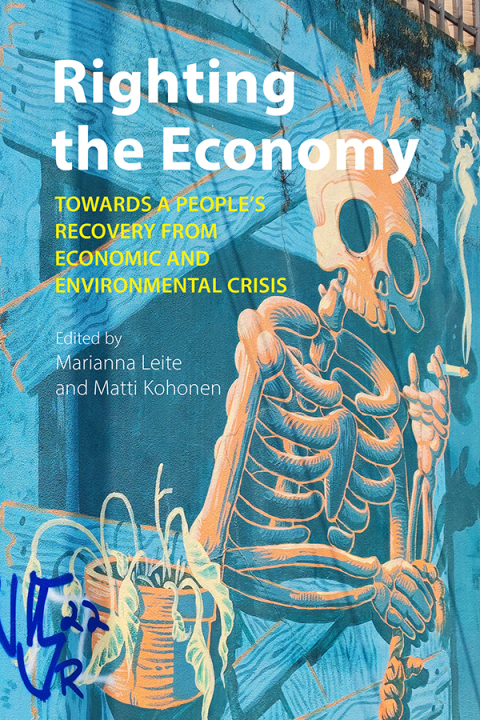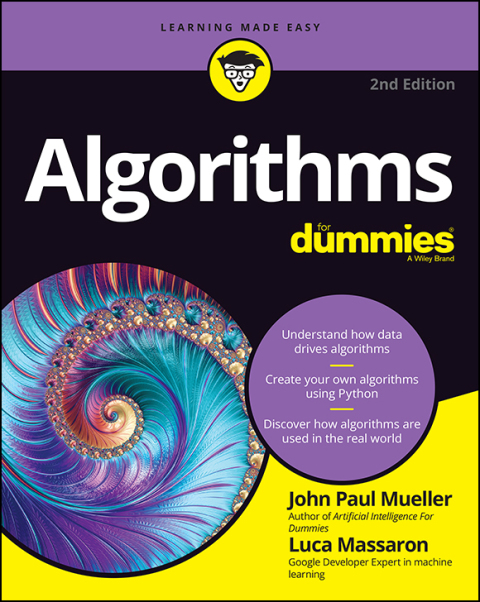Description
Efnisyfirlit
- Cover
- Half title page
- Title Page
- Copyright Page
- Contents
- Acknowledgements
- Foreword by Tomás Pascual Ricke
- Human Rights Economy for People and the Planet: Framing the Contours of an Approach by Jyoti Sanghera
- Re-imagining the economy for economic and social rights, and development
- Key elements of the Human Rights Economy
- What changes are needed?
- What comes next?
- Contributors
- 1 Introduction: what it means to “right the economy” and why we need to do it now
- Rights-Based Economies: disrupting neoliberalism
- Emergence of a Rights-Based Economy
- The way forward: why a Rights-Based Economy?
- Outline of the book
- Part I – Framing the Economy
- 2 Towards a Rights-Based Economy: post-growth economics and the future of welfare
- Introduction
- False universality
- The limits of growth
- The Earth’s boundaries
- Environmental destruction and poverty
- The unfulfilled promise of “green growth”
- From overconsumption to the norm of sufficiency
- The broken compass
- Globalization: maximizing efficiency gains through trade and investment
- Creating value by commodifying life
- The state–market duopoly and the capture of democracy
- Conclusion
- 3 The Center for Economic and Social Rights’ journey to advance a Rights-Based Economy
- Introduction
- CESR’s efforts to articulate and catalyse a Rights-Based Economy
- Origin of the work on the RBE
- CESR’s vision and work to advance an RBE
- Alternative models that appear to be gaining more traction
- Degrowth
- Global Public Investment (GPI)
- Eco-social contract
- Social and solidarity economy (SSE)
- Feminist care economy
- Overlaps and divergences between alternatives models and human rights
- Taking this work forward
- 4 Business and human rights: from “tokenism” to “centring” rights and rights-holders
- Introduction
- Embedded liberalism and polycentric governance in the neoliberal market economy
- The theory and practice of HRDD
- Feijão Dam disaster, Brazil
- Juukan Gorge destruction, Australia
- Reimagining the corporate responsibility
- Centring rights-holders in HRDD processes
- Moving beyond “do no harm”
- Conclusion
- 5 A human rights economy approach as the basis for a global fiscal architecture
- Introduction
- International commitments to tackle tax-related illicit financial flows
- International tax reform and human rights
- International tax governance
- Beneficial ownership registry
- Regulation of enablers
- International tax treaties in a human rights context
- Conclusion and recommendations
- 6 Macroeconomic policy and development agenda for a Rights-Based Economy
- Introduction
- Macroeconomic policy for an RBE
- Monetary policy, exchange rate and inflation policy in an RBE
- Fiscal policy for an RBE
- Economic development for an RBE
- Mission-oriented RBE
- Chapter 7
- Introduction
- Governing regimes for sovereign financing
- Sovereign financing, financial complicity and human rights
- Official financiers and complicity for human rights violations
- Complicity of official financiers
- International law (states)
- International law (international organizations)
- Accountability mechanisms
- Internal frameworks of accountability
- External frameworks of accountability
- Conclusion
- Part II – Transforming the Economy
- 8 Illicit financial flows, tax havens and the African Commission on Human and Peoples’ Rights
- Introduction
- African Charter on Human and Peoples’ Rights
- Peoples’ rights in the African Charter: a tool to combat illicit financial flows
- Article 21: the right to dispose of wealth and natural resources in the exclusive interests of the people
- Article 29(6): duty to pay tax
- The African Commission’s response to illicit financial flows
- The African Commission: strategic interventions to address illicit financial flows?
- Missed opportunities for norm elaboration on illicit financial flows as a human rights violation
- Concluding observations and recommendations on the periodic report submitted by Mauritius and the December 2017 press statement on the Paradise Papers
- Implementation of the fiscal reporting requirements in the 2018 “State reporting guidelines”
- Why did the African Commission miss these opportunities?
- How could a special mechanism on human rights and illicit financial flows at the African Commission turn the tide?
- Conclusion
- 9 Social and solidarity economy as an alternative economy for the protection of human rights
- Introduction
- Why and how does neoliberalism negatively affect human rights?
- Alternative economies and human rights
- How can the SSE contribute to protecting and realizing human rights?
- Conclusion
- 10 Judicial enforcement of socio-economic rights as a way to challenge neoliberalism: post-2008 austerity in Europe
- Introduction
- Two key tenets of neoliberalism
- The role of courts
- Socio-economic rights adjudication as a challenge to neoliberalism
- Post-2008 austerity cases as first steps
- Conclusion
- 11 Health and human rights: what are the lessons from the Covid-19 pandemic?
- Introduction
- From universal healthcare to universal health coverage: the link to neoliberal policy-making?
- Covid-19, public health and the fatal effects of austerity
- Conclusion
- 12 From recovery to transformation? Assessing Argentina’s Covid-19 economic response through a feminist lens
- Introduction
- Between challenges and opportunities: can the response to the pandemic have transformative power?
- The Mesa Interministerial de Políticas de Cuidado: shifting the paradigm?
- From mainstreaming to institutionalization: a necessary but not sufficient condition for transformation
- Conclusion
- 13 A feminist and decolonial Global Green New Deal: principles, paradigms and systemic transformations
- Introduction
- Systemic inequalities in the world economic order
- Principles, policy paradigms and decolonial futures
- A Rights-Based Economy as a foundation for a GGND
- Structural feminism
- Common but differentiated responsibilities
- Centring on public systems and services
- Austerity violates economic and social rights
- From debt colonialism to debt justice
- Tax justice is decolonial reclamation
- Decolonizing economics: how we think is at the root of our crises
- Decolonial futures
- Conclusion
- 14 Conclusion: “righting the economy” and building on plural and decolonial models to curtail the effects of negative corporate practice
- Emergence of a Rights-Based Economy
- Reassembling alternative economies
- Feminist economics and care economies
- Degrowth, post-growth and post-extractivism
- Social and Solidarity Economies
- Decommodification of the commons
- Buen vivir and ecological democracy
- The role of the state as enabler of human-rights-centred transformations
- Conclusion: way forward and recommendation for potential future work
- References
- Index







Reviews
There are no reviews yet.